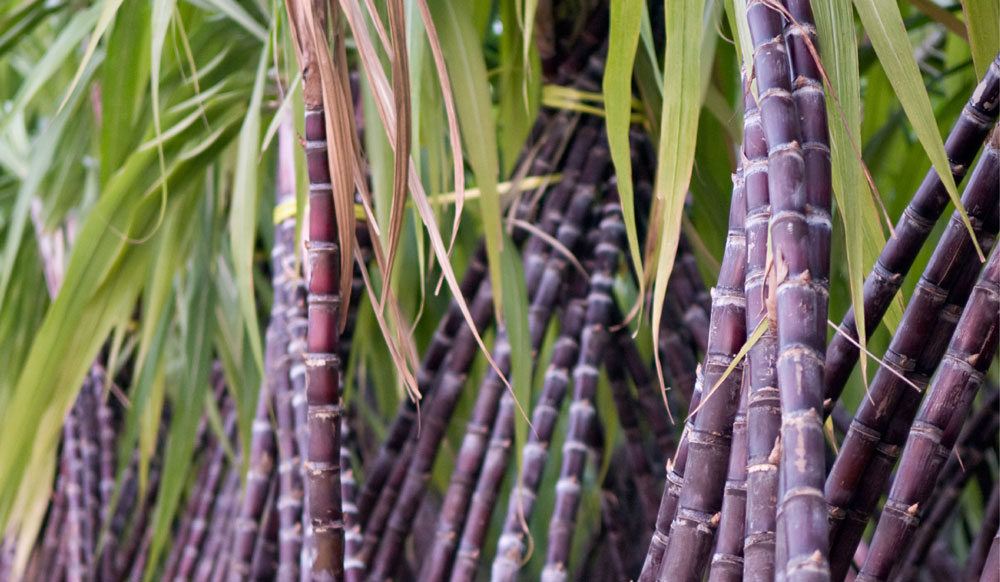‘Why sugarcane farmers are yet to adopt tissue culture’
An agronomist with the National Sugar Development Council, Maryam Suleiman, has said Nigeria farmers are yet to fully adopt tissue culturing technology partly because of the cost involved, among others. She spoke with Daily Trust on Sunday at the Ilorin office of the sugar council while appraising the outlook for sugar this year. According to […]

sugarcane
An agronomist with the National Sugar Development Council, Maryam Suleiman, has said Nigeria farmers are yet to fully adopt tissue culturing technology partly because of the cost involved, among others.
She spoke with Daily Trust on Sunday at the Ilorin office of the sugar council while appraising the outlook for sugar this year.
According to her, except for a few producers, sugarcane farmers in Nigeria were yet to “fully adopt the technology partly because of their old ways of planting which are more economical.”
“Tissue culturing is more expensive and it needs a lot of tender nursing before it is exposed to the field to master the environment and grow.
- How rice farmers are creating wealth in Benue
- ‘Sustainable irrigation key to eradicating poverty in Nigeria’
“Some of the challenges are that sugarcane is an industrial crop and the technology is expensive. Only about two estates are producing it now. It might not be easy for peasant farmers to adopt,” she added.
Maryam said while the country is not yet there on sugar sufficiency, tissue culturing will help a lot, adding that the government should look at policies that will help assist in faster adoption.
“Some of the benefits are that it can grow faster, saves time and grow disease free crops. While sugarcane can give you 100 crops in the field, this is about mass propagation and cannot be affected by disease. It’s all about a clean plant,” she submitted.
The agronomist, who said the Ilorin office is more like a research center and monitoring of sugar establishments, said although there are some sugarcanes that produce less sugar, more fiber and less toxic to diabetes people through breeding, the technology is different from that.
“This is not like this but it has revolutionised sugar production in many parts of the world since it came into being about 10 years ago,” she added.
